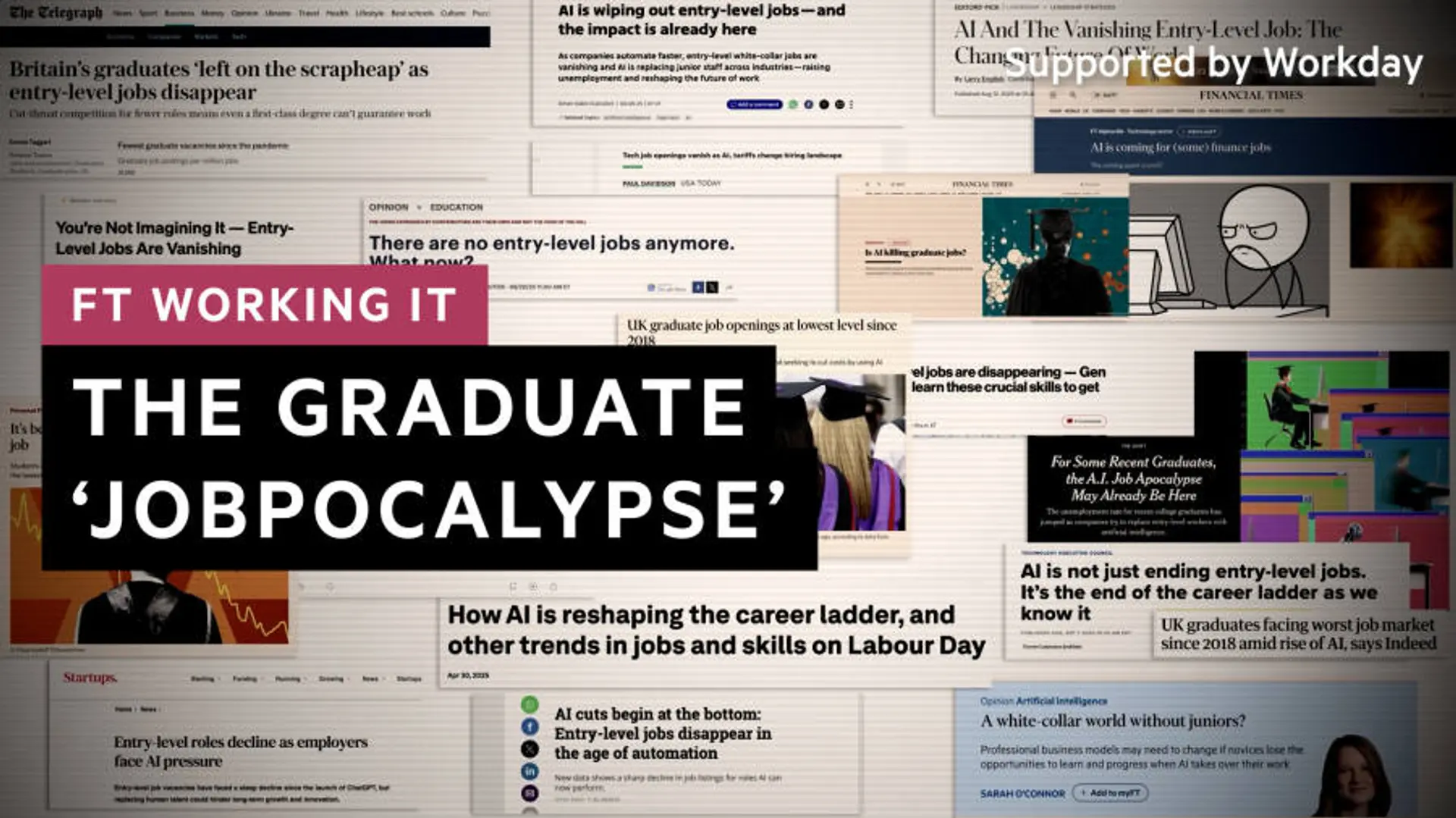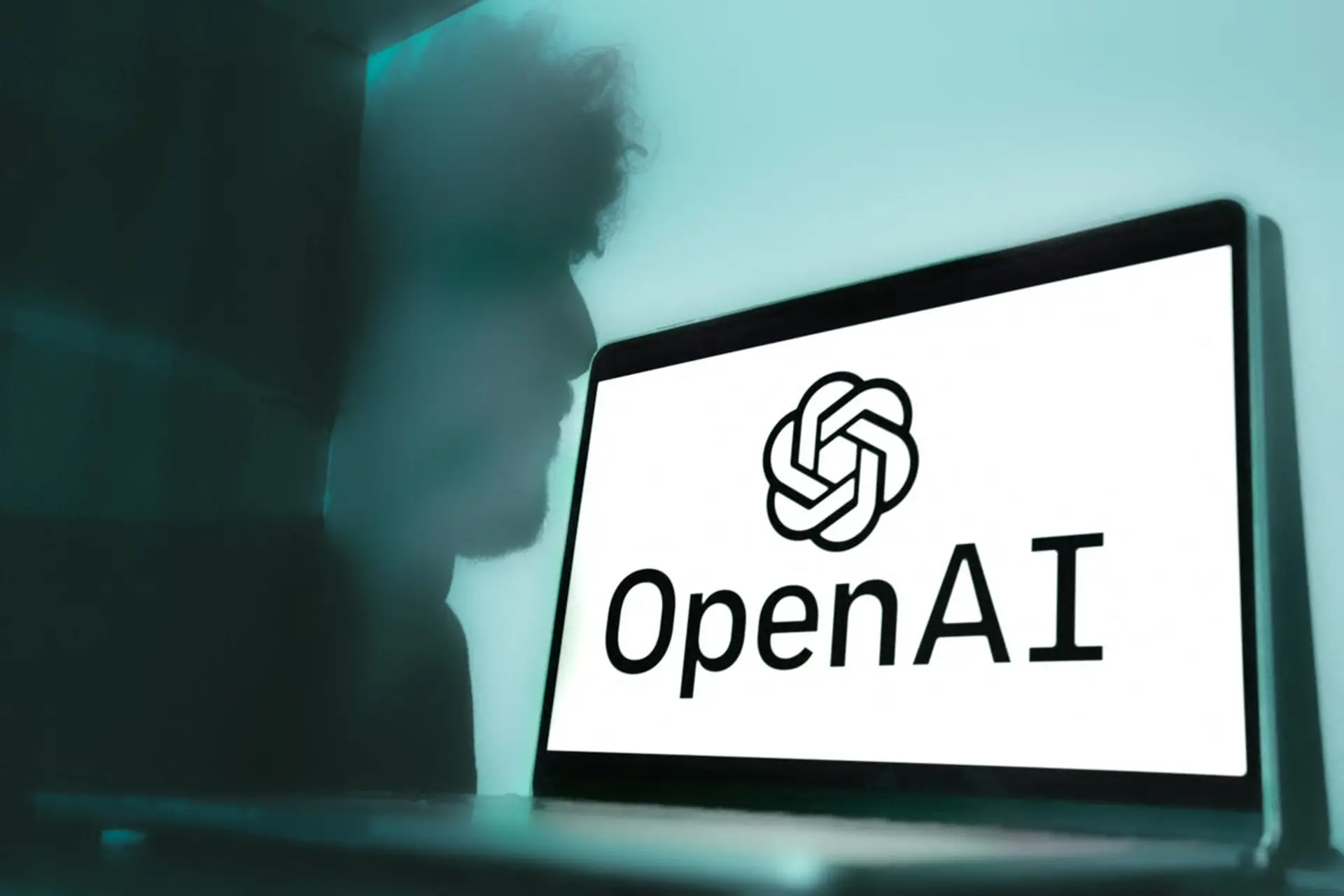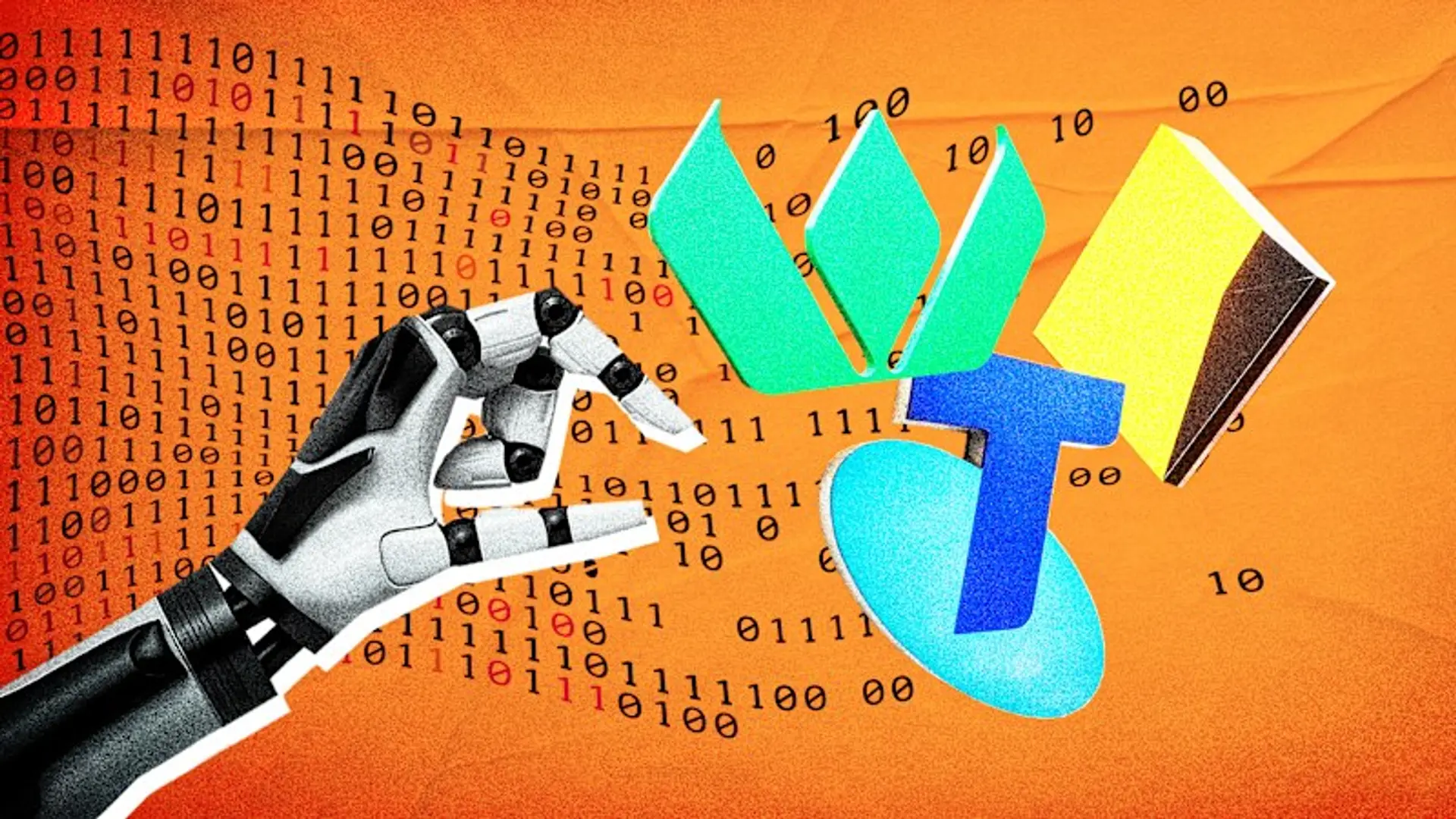The rise of AI and current economic conditions are causing a significant decrease in entry-level job opportunities, leading to high graduate unemployment. Companies are hesitant to hire, impacting professional development and leadership pipelines. The number of job vacancies for new graduates has dropped significantly. AI is automating routine tasks, streamlining workflows, and, in some cases, eliminating roles entirely. This shift removes formative experiences crucial for early career development.
Job listings in the US and UK are plummeting, with graduate joblessness exceeding overall unemployment. Some companies are fully embracing AI, resulting in job cuts, while others maintain hiring, especially at the junior level. The tech industry exemplifies this trend, with junior software development roles declining due to AI-driven tools. Companies are now seeking AI specialists rather than entry-level workers who might be replaced by AI systems.
To adapt, young professionals should build strong networks, learn to work alongside AI, and develop critical thinking skills. Organisations need to redesign entry-level roles to focus on higher-value work and embrace the unique perspectives that AI-native employees bring. Companies must start training talent now to avoid competitive disadvantage in the future.




